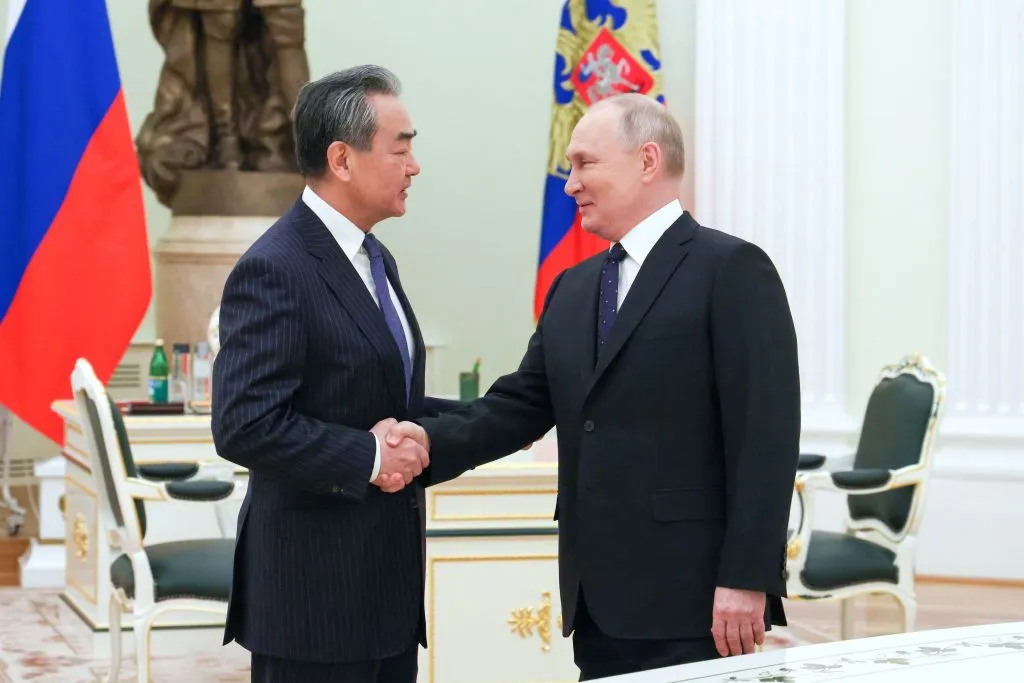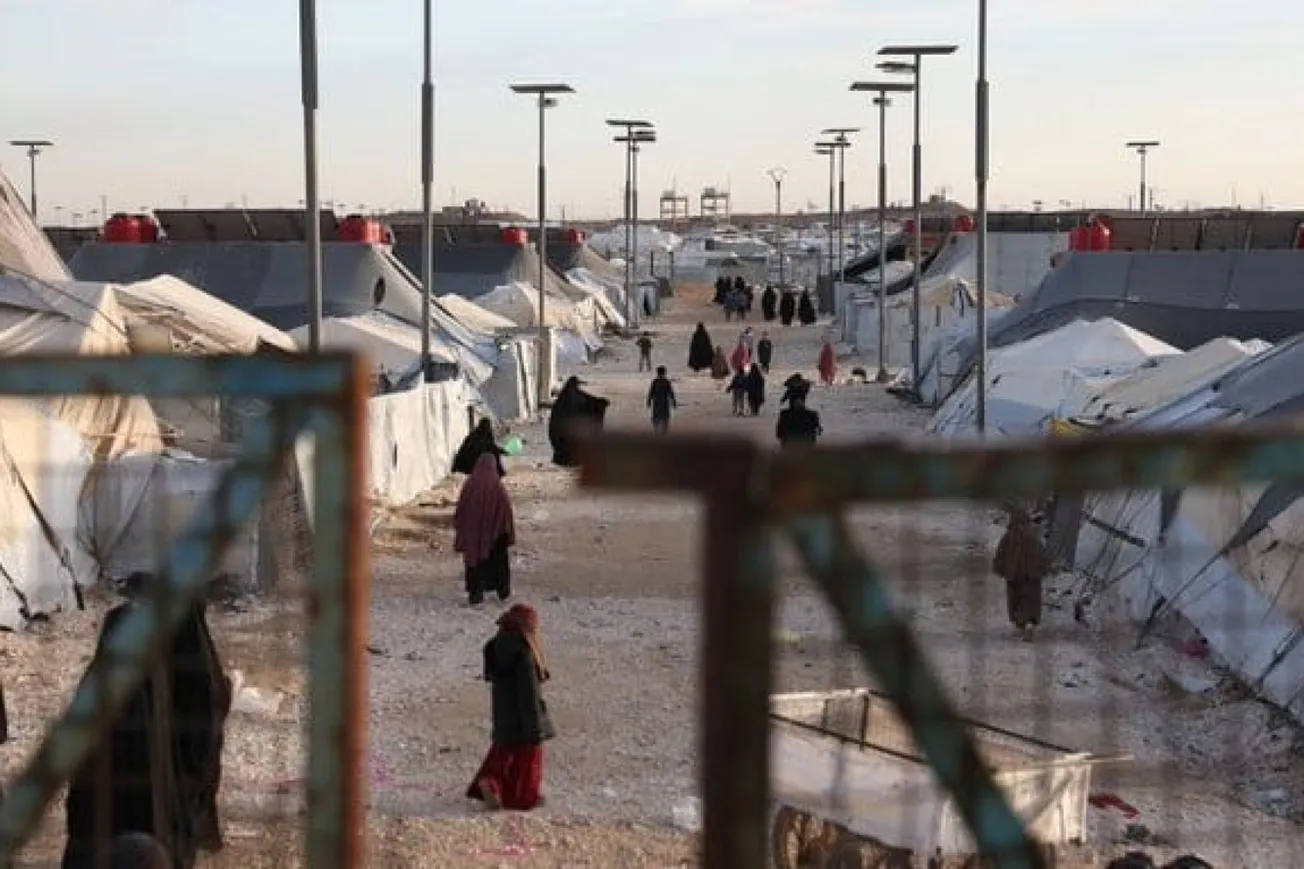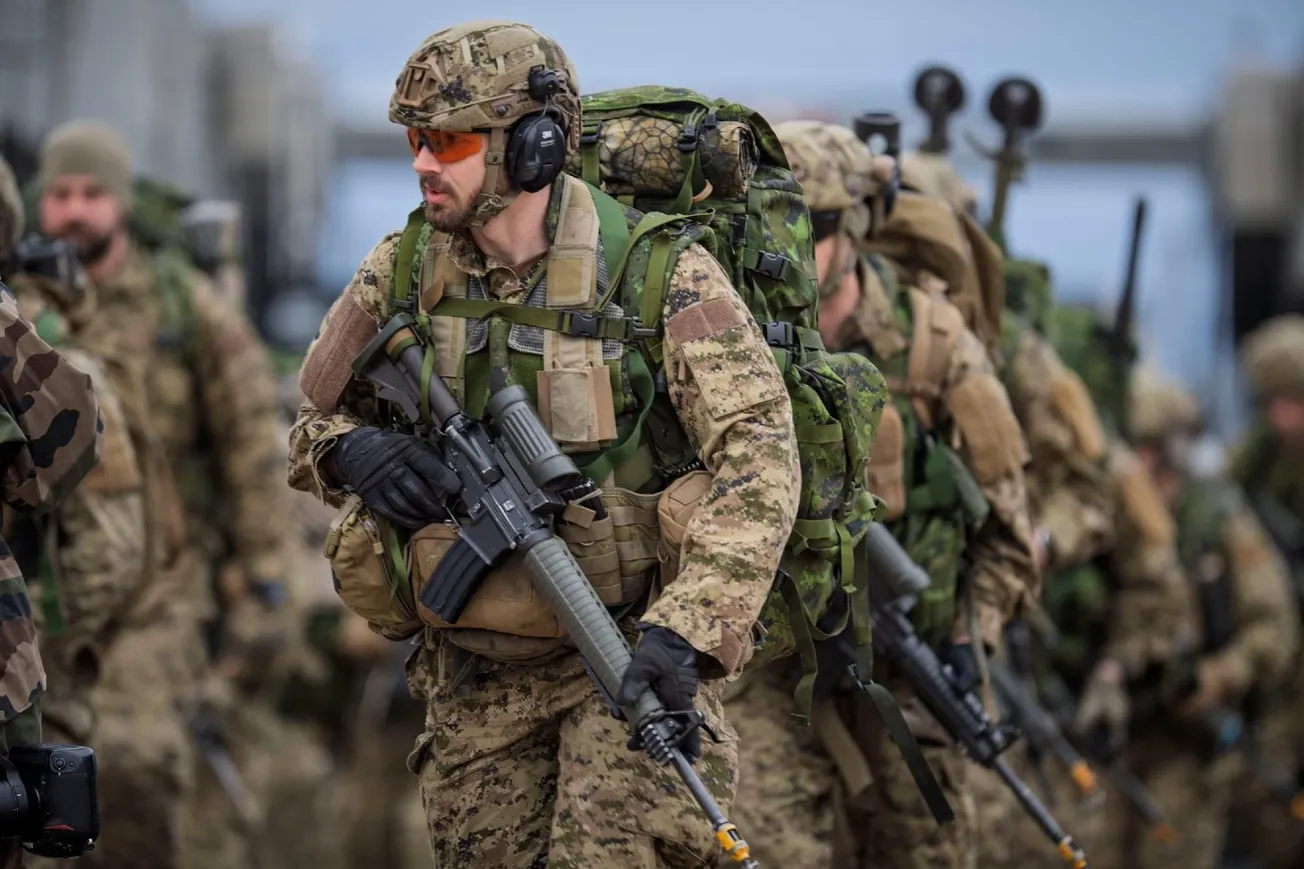China has tried to portray itself as "neutral" in the Ukraine war, which has been under siege since Russia attacked the country. As Ukraine fought to protect its territory and sovereignty over the past year, Beijing has maintained its friendship with Russia and repeatedly stated that the "friendship between the two states has no limits; there are no 'forbidden' areas of cooperation.”
From such a vaunted "neutral" position, Beijing put forth, what was supposed to be a "peace plan," a political settlement to the conflict. Despite skepticism regarding Beijing's neutrality, given its close ties with Moscow, the promise of a peace plan elicited a degree of hope in many.
But the "plan," made public, on the first anniversary of the war, after much hype, turned out to be a 12-point statement. Worse, it offers no actionable pathway toward peace. Instead, it is a "position paper" based on Beijing's "principles." For a government that prides itself as guided by "thought," China's statement hardly reflects a deeper understanding of the conflict.
In brief, the points read:
- Respecting all countries' sovereignty, independence, and territorial integrity and observing universally recognized international law, including the United Nations Charter.
- Abandoning the Cold War mentality and avoiding pursuing one nation's security at the expense of others.
- Ceasing hostilities and supporting Russia and Ukraine in resuming direct dialogue to de-escalate the situation and reach a comprehensive ceasefire.
- Resuming peace talks and negotiation are the only viable solution to the Ukraine crisis.
- Resolving the humanitarian crisis by increasing humanitarian assistance to relevant areas, protecting civilians, and providing safe and unimpeded humanitarian access.
- Protecting civilians and prisoners of war (POWs) and supporting the exchange of POWs between Russia and Ukraine.
- Keeping nuclear power plants safe by avoiding armed attacks against them.
- Reducing strategic risks, preventing nuclear proliferation, and opposing chemical and biological weapons' research, development, and use.
- Facilitating grain exports and supporting the Black Sea Grain Initiative and the cooperation initiative on global food security proposed by China.
- Stopping unilateral sanctions and avoiding the abuse of unilateral sanctions and "long-arm jurisdiction" against other countries.
- Keeping industrial and supply chains stable and opposing using the world economy as a tool or weapon for political purposes.
- Promoting post-conflict reconstruction of Ukraine and providing assistance to conflict zones.
While the document concedes that "There is no simple solution to a complex issue," it also states, "Conflict and war benefit no one." Even as the world agrees with those sentiments, mentioning sanctions as "unilateral" points to Beijing's continued support of Moscow. Considering that Russia and China are permanent members of the United Nations Security Council with veto powers, it is doubtful whether the UNSC would have gotten around to "authorizing" any sanctions against the aggressor.
The fact that China resorted to terming the Ukraine War, which has killed or injured nearly 200000 people, as a "crisis" cannot be ignored. The vague and unimaginative peace plan, proposed after a year of fighting, is welcome only to the extent that a country is willing to present "peace" as a possibility instead of prolonging the conflict at any cost. Reports that Beijing is preparing to send weapons to the Russian war front add ambiguity to the proceedings.
Some points of Beijing's peace plan reflect the one put forward by President Zelenskky. His proposal had also called for radiation and nuclear safety, food security, energy security, releasing prisoners and deportees, and restoring territorial integrity. The Ukrainian President had further demanded the withdrawal of Russian troops, stopping hostilities, and establishing justice for war crimes.
Kyiv has not rejected the Chinese overture toward peace. Before the "plan" was made public, Ukrainian officials had expressed cautious optimism and considered Beijing's initiative a "good sign." Ukrainian Foreign Minister Dmytro Kuleba said they intend to "carefully study it and draw conclusions."
An interesting yet little-known fact is that the power to accept or reject a peace deal lies with the people of Ukraine. The country's constitution requires that any peace deal be ratified by its people. It is too early to gauge Ukrainians' reaction to China's overture.
Bringing the two nations to the negotiation table will take much tact and diplomacy. Brokering a cessation of hostilities and lasting peace will require willingness on the part of not just Ukraine and Russia but neighboring states too. A year into the war, the prospect of peace talks, however vague, must give the world leaders the impetus to explore the possibility.








